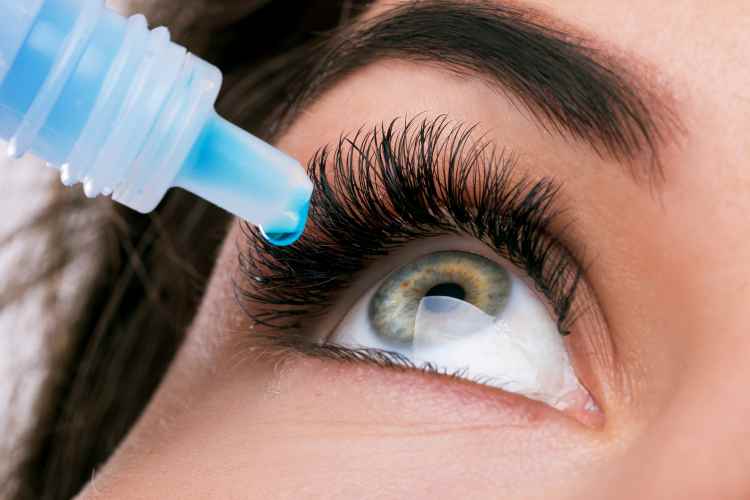Your eyes reveal a lot about your general health. However, as we age, our eye health begins to deteriorate. Fortunately, Dr. Melanie Frogozo offers comprehensive eye exams, which help lower your risk of developing ocular illnesses, identify vision problems early, and obtain corrective eyeglasses to improve your eye health and quality of life.
Here are tips for good eye health:
1. Eat a healthy diet
Good eye health starts with your diet. Nutrients like Zinc, Vitamins E and C, omega-3 fatty acids, and lutein may help prevent age-related visual issues such as cataracts and macular degeneration. Ensure your diet contains foods like:
- Green leafy veggies like collards, spinach, and kale
- Tuna, salmon, and other fatty fish
- Non-meat protein sources like eggs, almonds, beans, and legumes.
- Oranges, as well as other citrus fruits or liquids
- Oysters and pork
Eating a well-balanced diet makes it simpler to maintain a healthy weight. That reduces your risk of developing obesity and associated conditions like type 2 diabetes, which is the primary cause of adult blindness.
2. Schedule regular visits with your eye doctor
Even if you feel like your eyes are healthy and normal, you may be developing an eye condition. Many eye conditions do not have any visible indications or symptoms. Therefore, it is essential to get frequent eye exams from your eye specialist.
The examinations are crucial because they can aid in finding eye problems like glaucoma that may not have manifested any symptoms. You can see an ophthalmologist or an optometrist. An optometrist offers general eye care and diagnoses and treats most eye problems. While an ophthalmologist provides specialist treatment, manages eye diseases, and does procedures like LASIK.
3. Stop smoking
smoking increases your risk of developing cataracts, macular degeneration, and damage to your optic nerve, among many other medical conditions. If you have already attempted to break the habit but failed, try again. The more efforts you make to stop smoking, the greater your chance of success. Consult your physician for assistance to stop smoking.
4. UV/Sun Protection
Your eyes and skin gradually become more and more damaged by ultraviolet (UV) light from the sun. Long-term UV radiation exposure can raise the risk of cataracts and macular degeneration. Typically, UV exposure damage doesn’t manifest until middle-aged or older.
Therefore, it is advised to wear sunglasses at all times when you are outside to protect your eyes. The American Academy of Ophthalmology recommends wearing sunglasses that completely block UV rays. These eyewear options include mirror-coated, wraparound polarized, photochromic, dark-lens, and blue-blocking sunglasses.
5. Wear safety eyeglasses
Wear safety eyewear or protective glasses if you work with dangerous or airborne chemicals. Eye injuries can also occur during sports like lacrosse, ice hockey, and tennis. Invest in eye protection. Helmets with face shields or sports goggles with polycarbonate lenses help protect your eyes.
6. Reduce screen time
Long-term use of computers, cell phones, or TV screens can lead to eye strain, headaches, dry eyes, blurred vision, and difficulty focusing. Make sure to take regular pauses and to rest your eyes sometimes, ideally every 20 minutes. It would be preferable to utilize anti-glare screens and the proper computer glasses.
Taking care of your eye health will help to improve your general health and quality of life.
Call Alamo Eye Care to schedule your appointment for comprehensive eye exams to keep your eye health on track.

